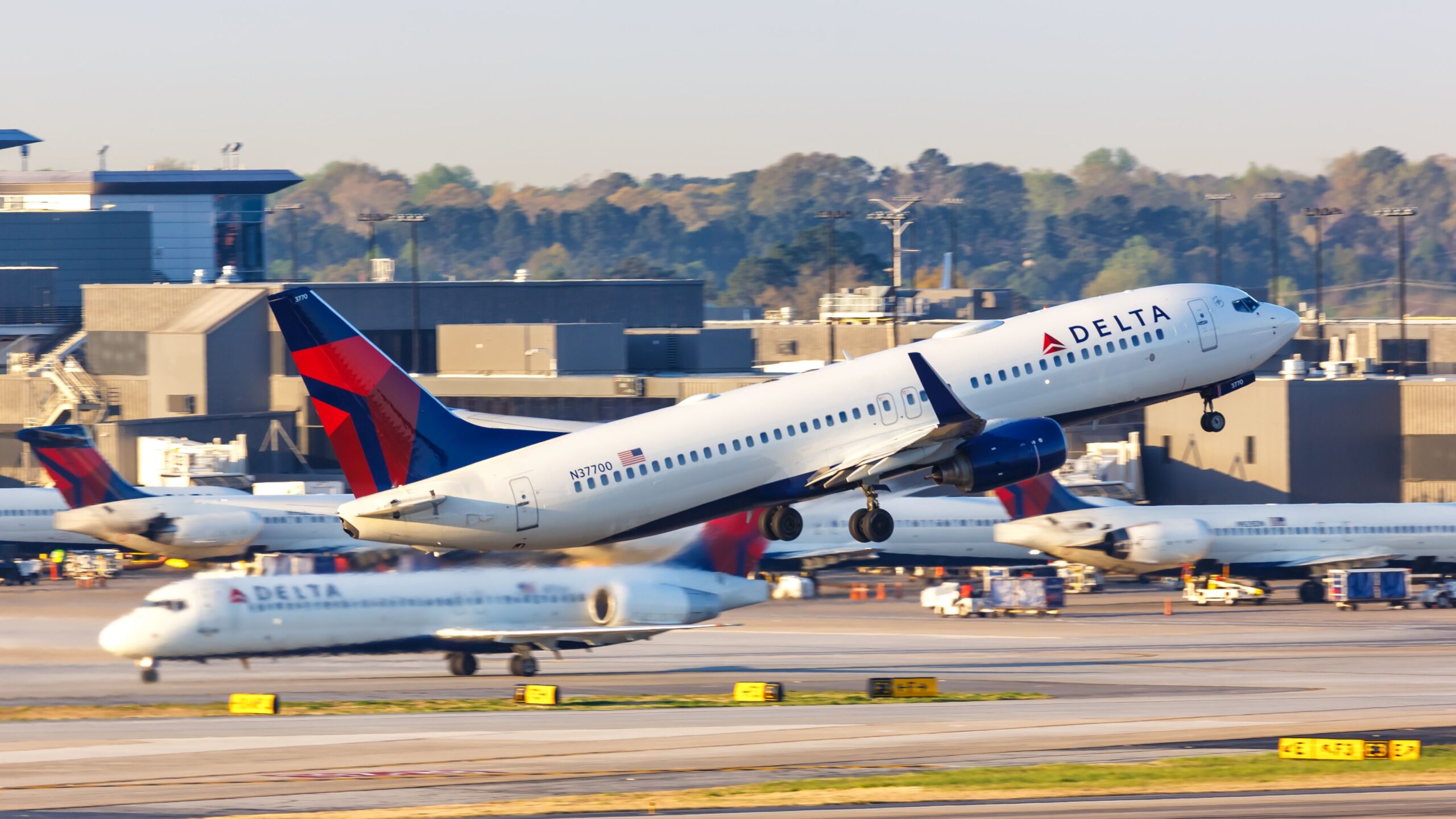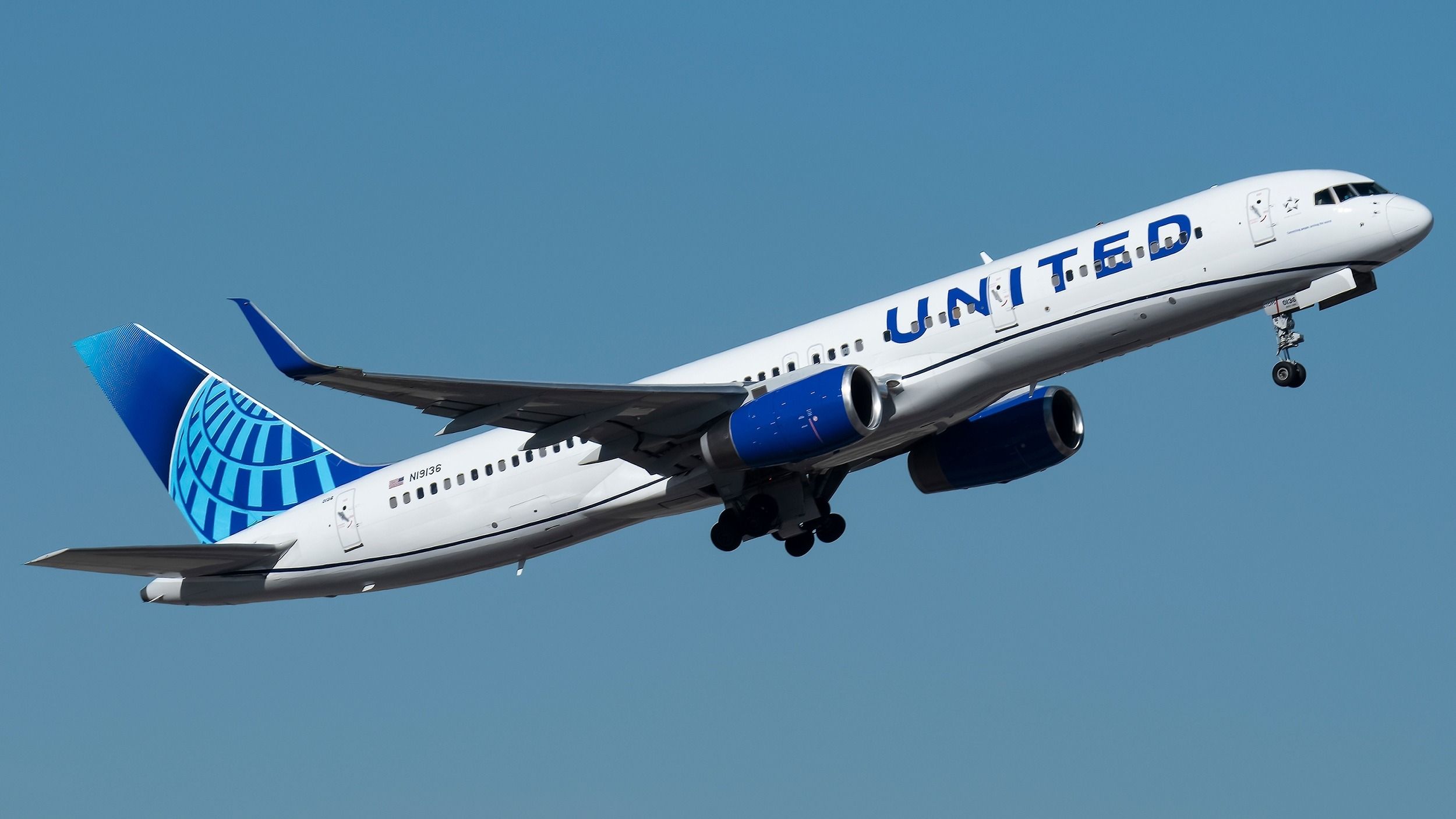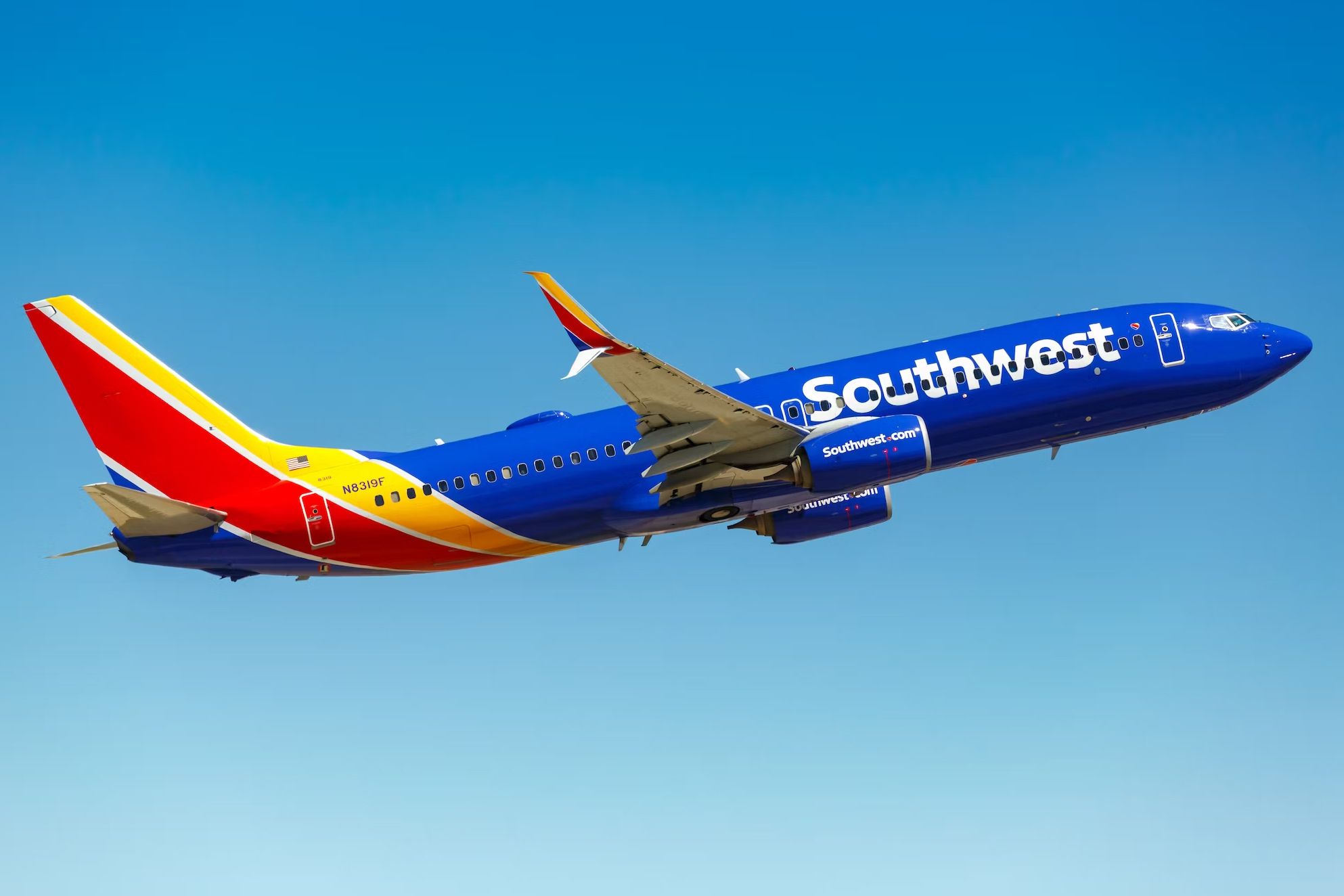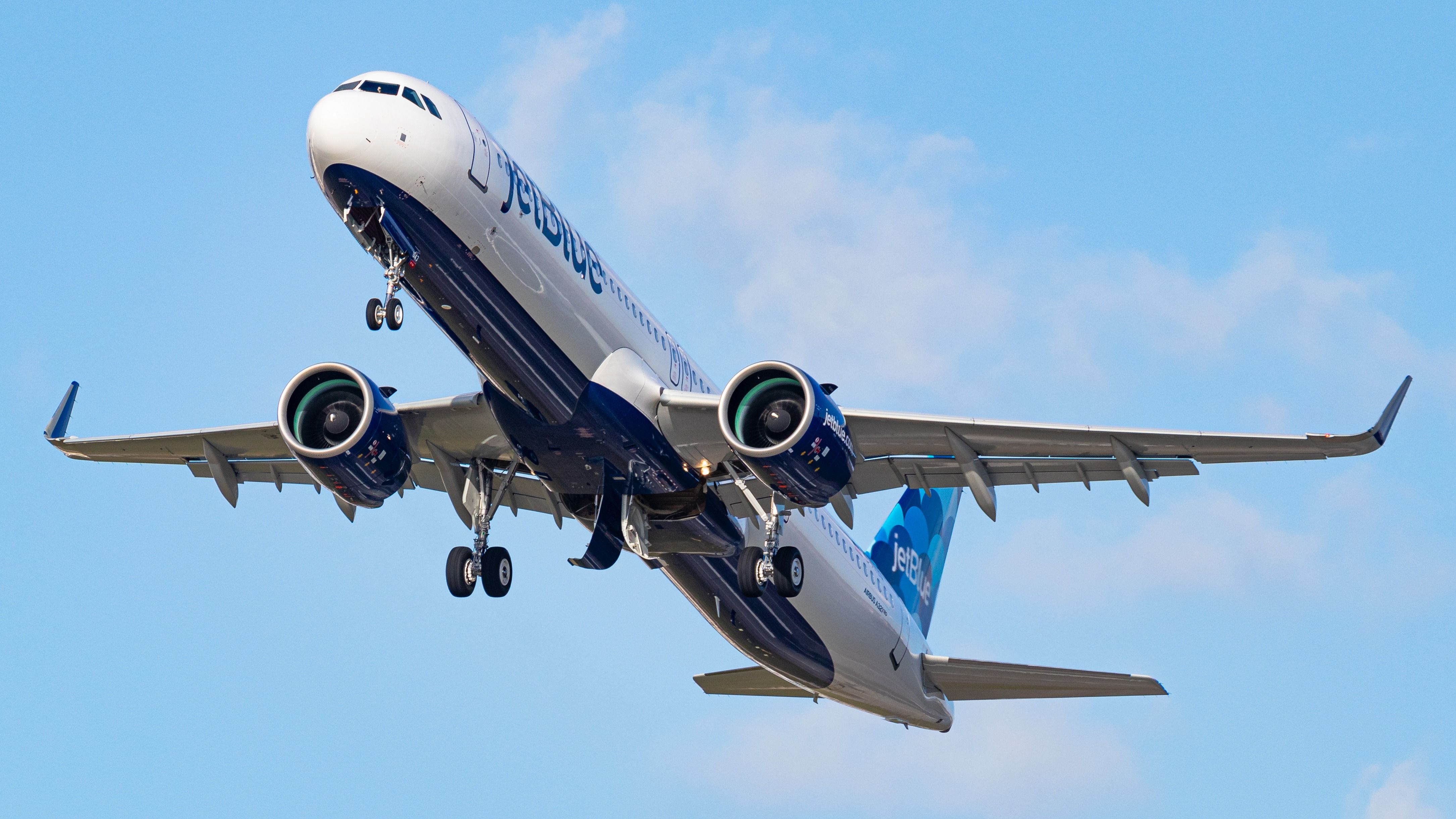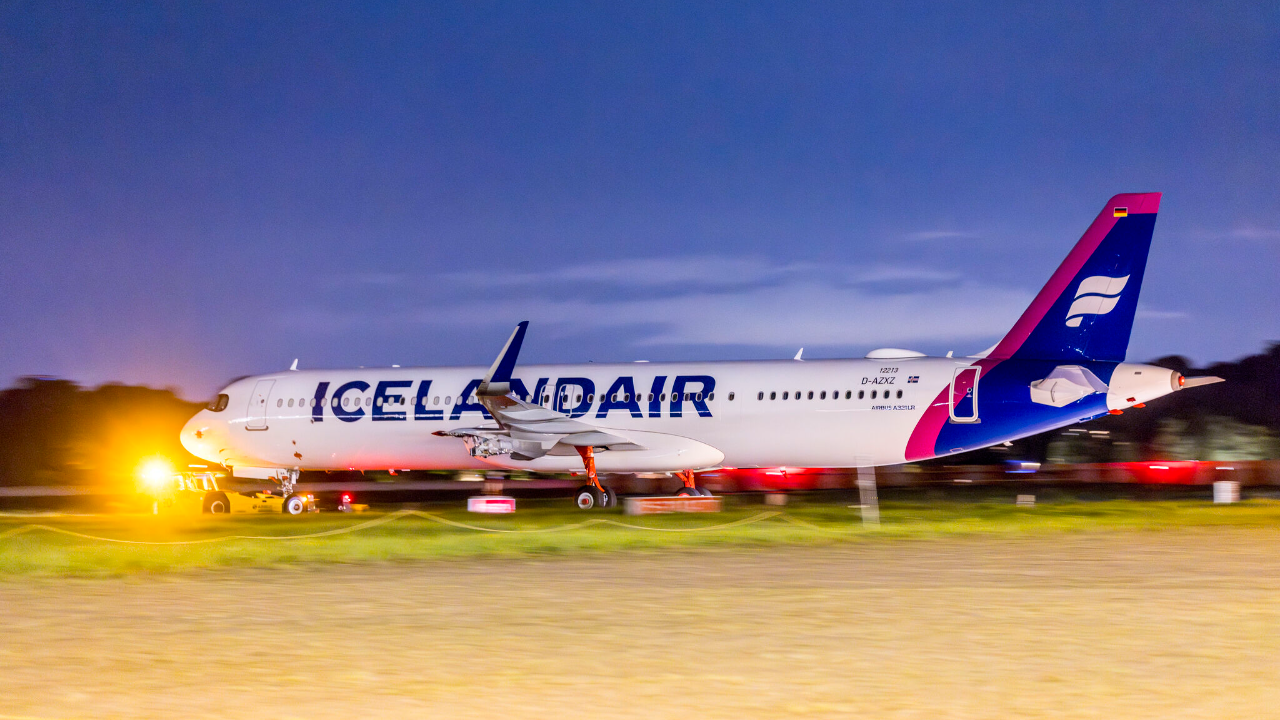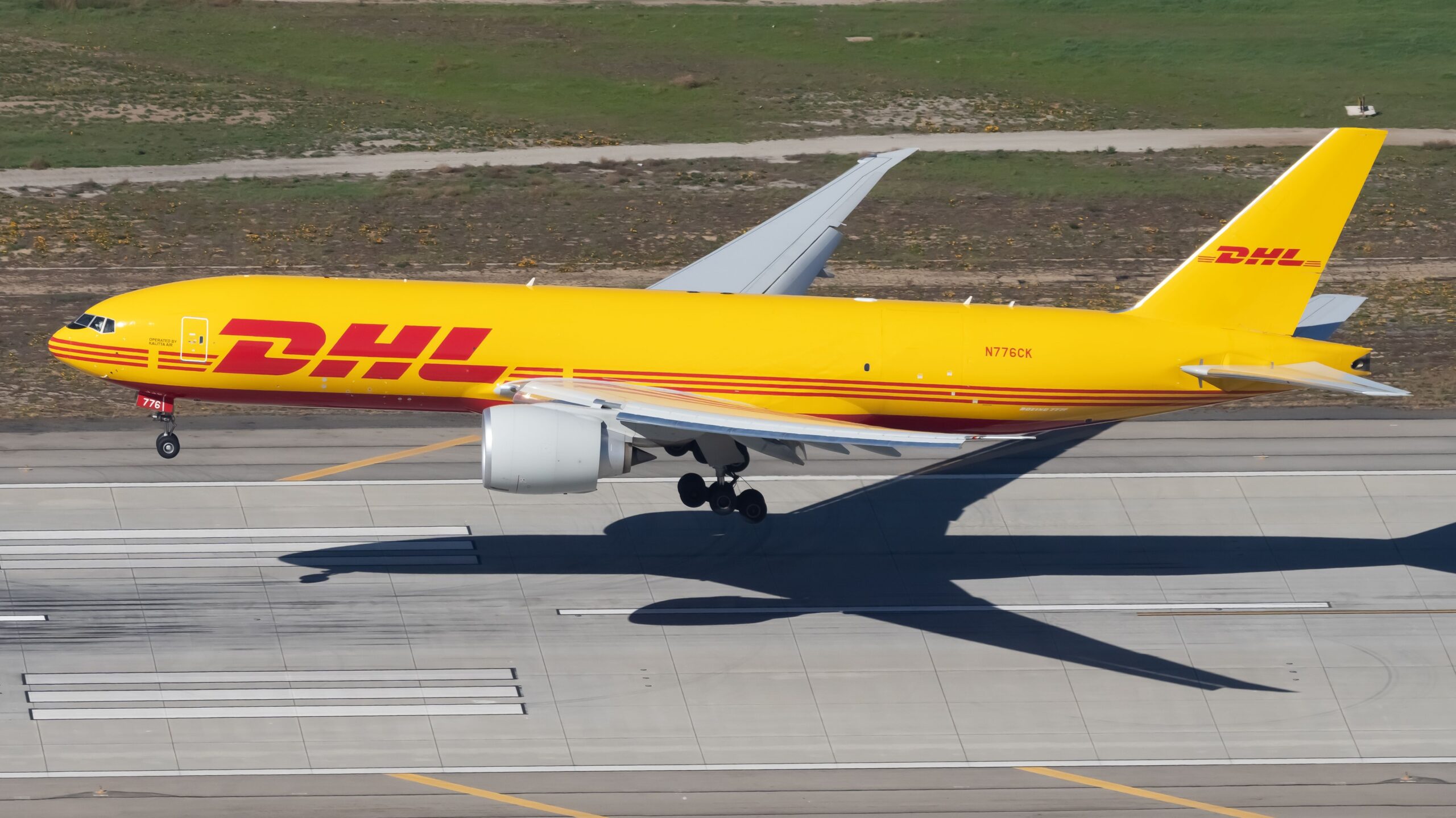Summary
- Senator Charles Schumer has introduced new legislation called the Family Fly Together Act, which aims to prevent airlines from charging parents to sit next to their children on flights.
- This law could have a major impact on the revenues generated by seat reservations for airlines, and carriers may need to adapt their boarding processes to comply with the legislation.
- While some airlines have already pledged not to charge families to sit together, it is unclear if their current policies would be compliant with the new law. The bill’s chances of becoming law are uncertain due to the Republican-controlled House of Representatives.
Families will be excited to hear that Senator Charles Schumer (D-NY) announced new legislation that would ban airlines from charging parents to sit next to their kids onboard commercial flights. The senator’s new bill, which will be called the Family Fly Together Act, will prevent airlines from charging passengers who are reserving seats next to them for young children.
Currently, many airlines charge passengers exorbitant fees to sit next to their children, which can reach as high as $150 on certain carriers. Prior to the legislation’s announcement, four US-based airlines, Frontier Airlines, JetBlue, Alaska Airlines, and American Airlines, had already pledged not to charge families to sit together.
The need for a new law
For families, sitting with children can often be essential for child safety, especially for those of a very young age. When children have special conditions, such as a severe allergy, parents may prove essential. In the instance of an allergy, for example, an adult may be the only one nearby able to operate an Epi-Pen. In other situations, parental supervision is necessary to ensure that children do not disrupt other passengers onboard the aircraft.
Nonetheless, airlines have been hesitant to commit to allowing this without extracting additional revenue from seat reservations. But to Senator Schumer, this represents unfair discrimination against families traveling, and had the following words to share in a statement related to the announcement of the legislation:
“Airlines are very tricky about this issue. While some say they do everything they can to keep families together, the majority refuse to commit to not charging the fees.”
With the ever-busy Thanksgiving weekend coming up, the senator is introducing this legislation at an opportune time. Families will be traveling across the United States alongside their children and will be ever-vigilant of airline seating policies and additional “junk fees,” as the Senator referred to them in a report from Buffalo-based local news outlet WIBV4.
What effect could this law have?
There’s no question that this law could have a major impact on the revenues generated by seat reservations, but nonetheless, carriers will find a way to adapt. For some airlines, this policy could disrupt the carrier’s entire boarding process model.
Photo: Markus Mainka | Shutterstock
Southwest, for example, would have to insert provisions into its traditional first-come, first-serve seating regime. The carrier could, for instance, offer pre-boarding to all passengers traveling with young children, a policy that could potentially help draw passengers to Southwest over its competitors.
Earlier this year, low-cost carrier JetBlue announced that it would scrap additional fees for those traveling with children under 13. But nonetheless, it is unclear if this policy could be compliant with the new law, which may see those with children even older than 13 receive free seat allocation next to their parents.
Photo: Wirestock Creators | Shutterstock
Ultimately, we will have to wait and see the specifics of what this legislation will have to offer once it is fully amended and put up for a final vote. But with a Republican-controlled House of Representatives, there is no certainty that the bill may ever become law.
Source: WIVB4

